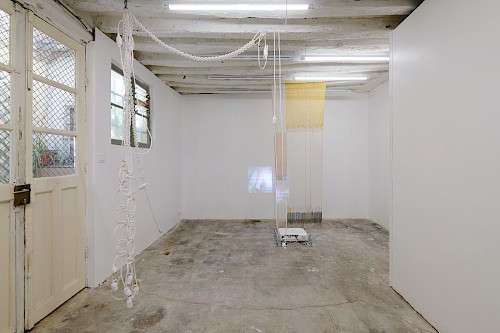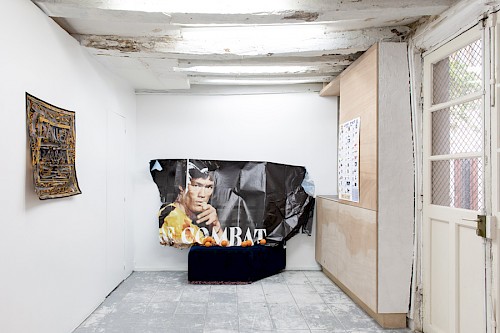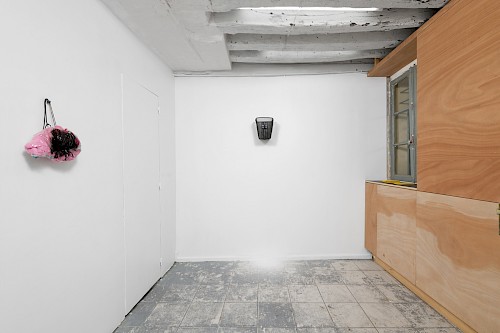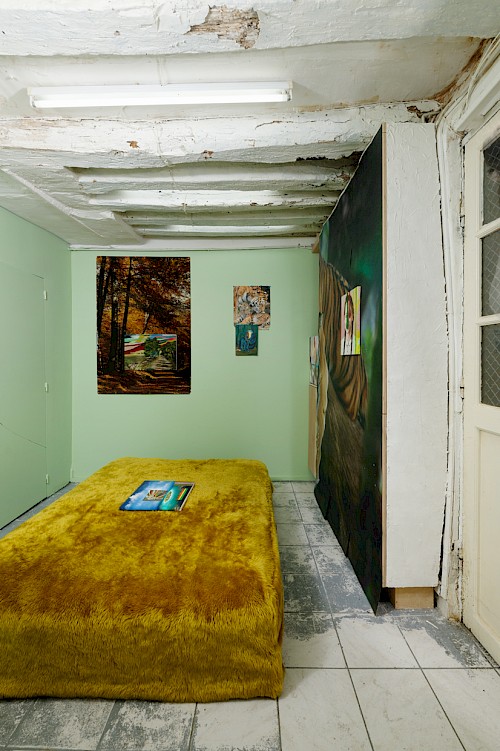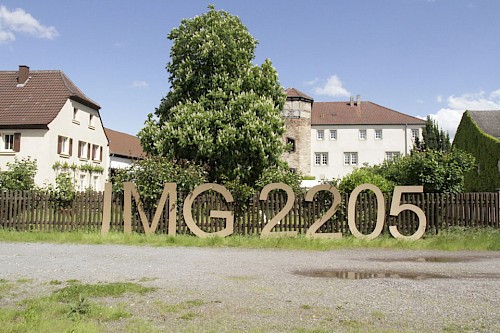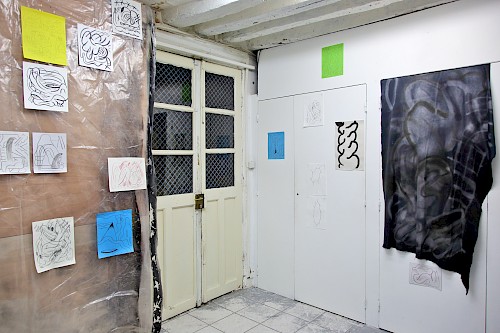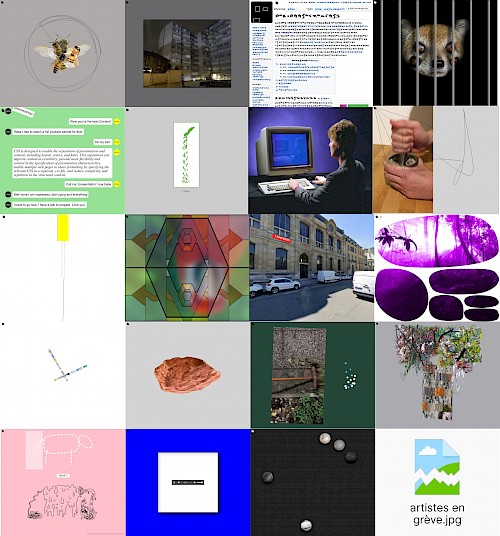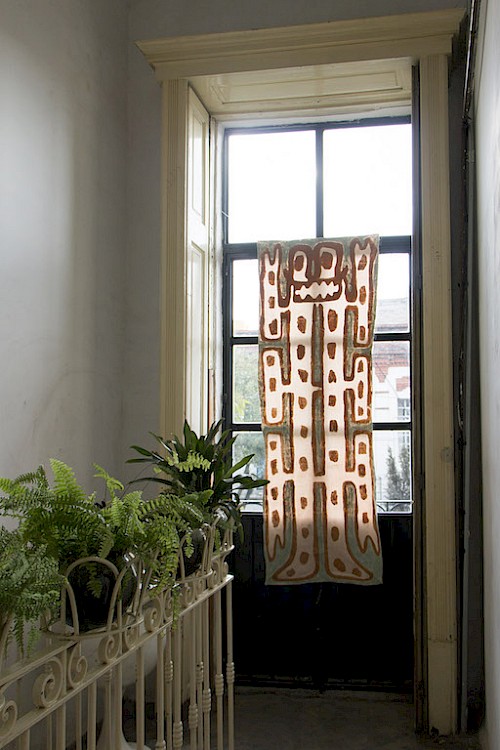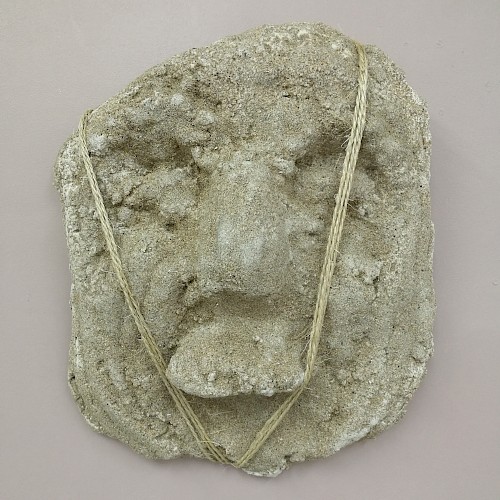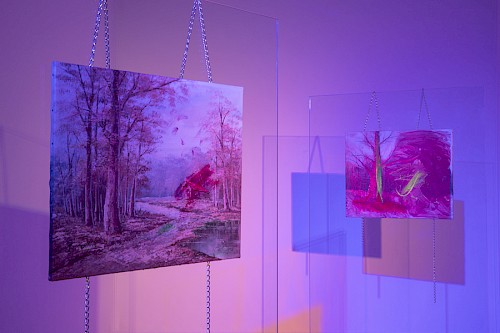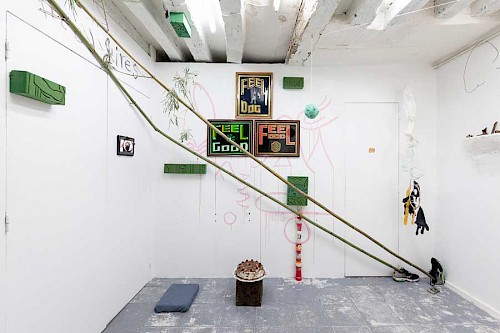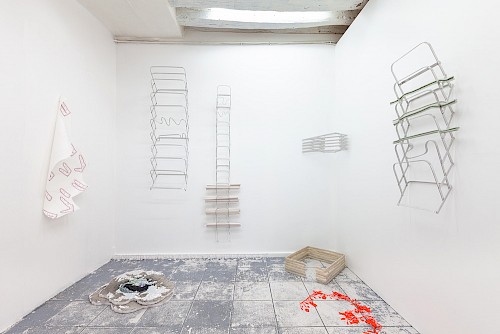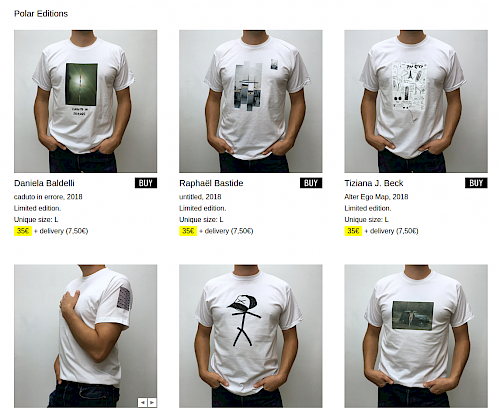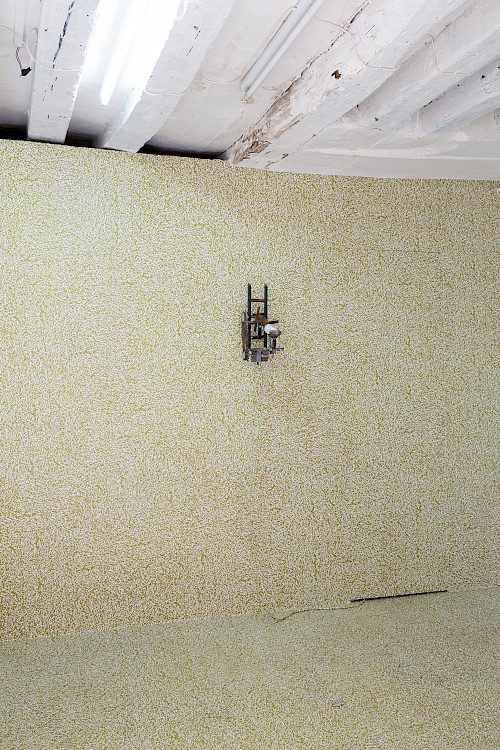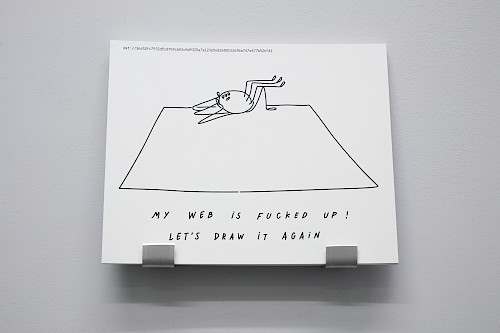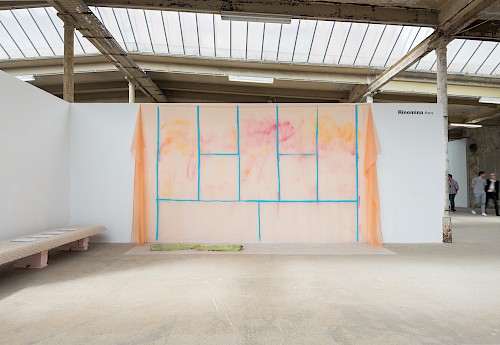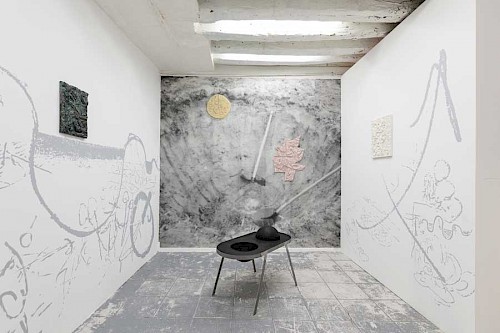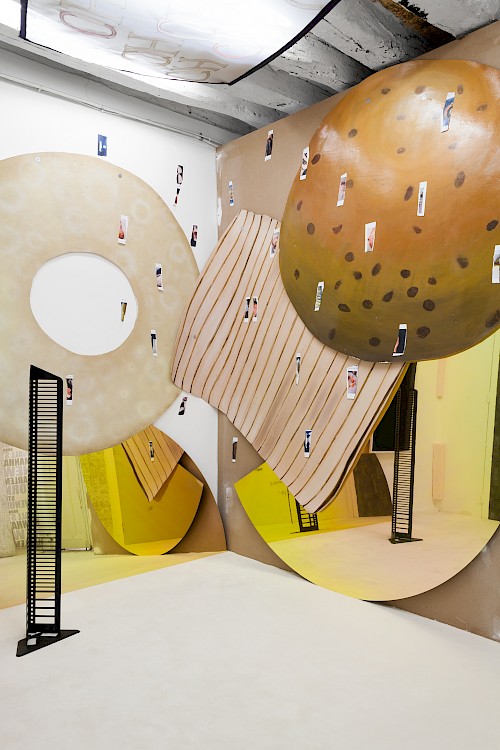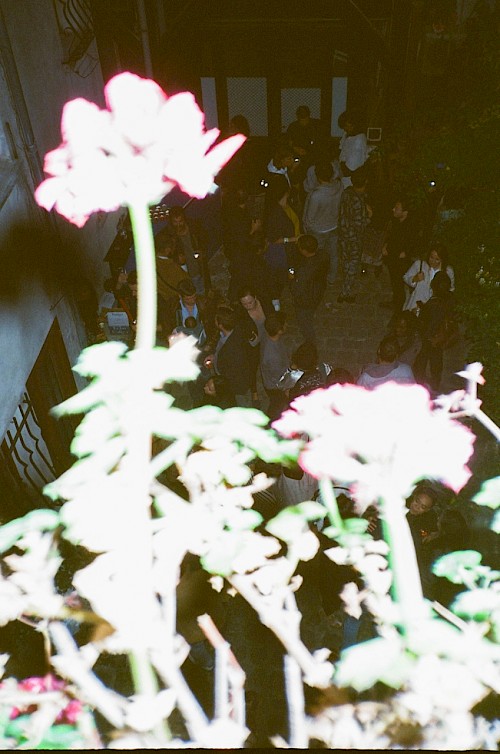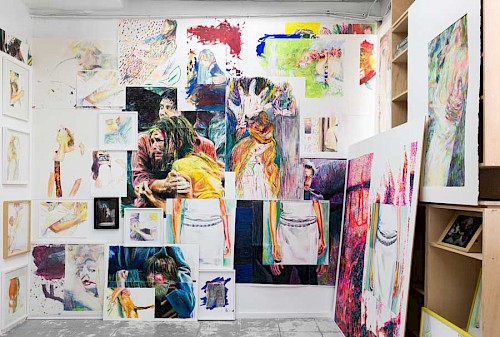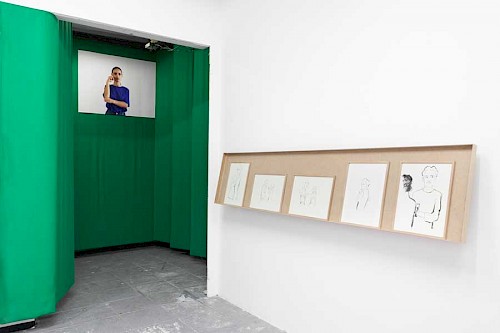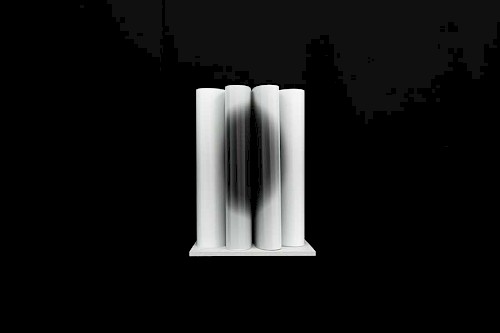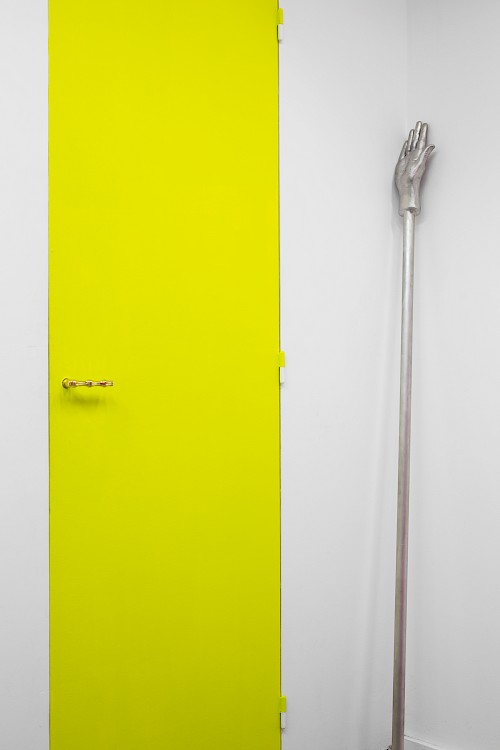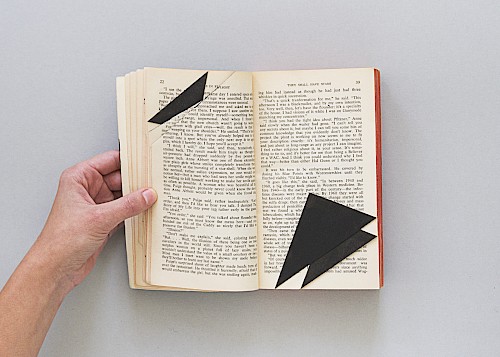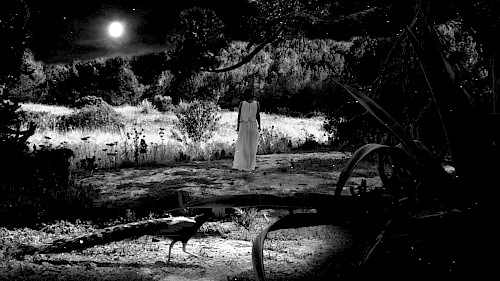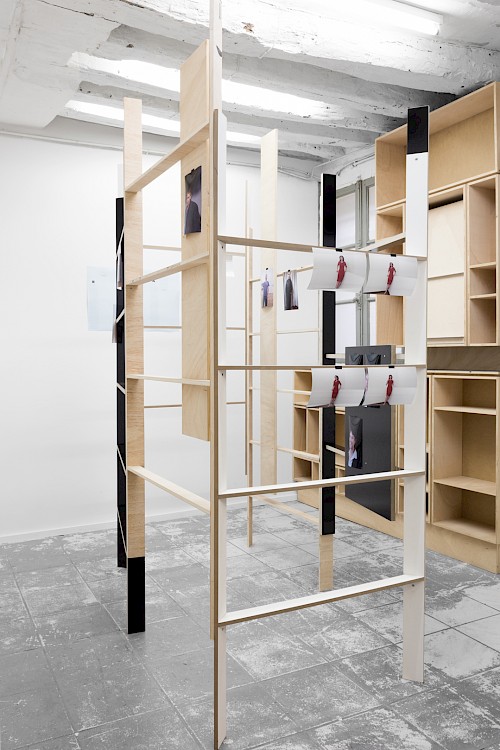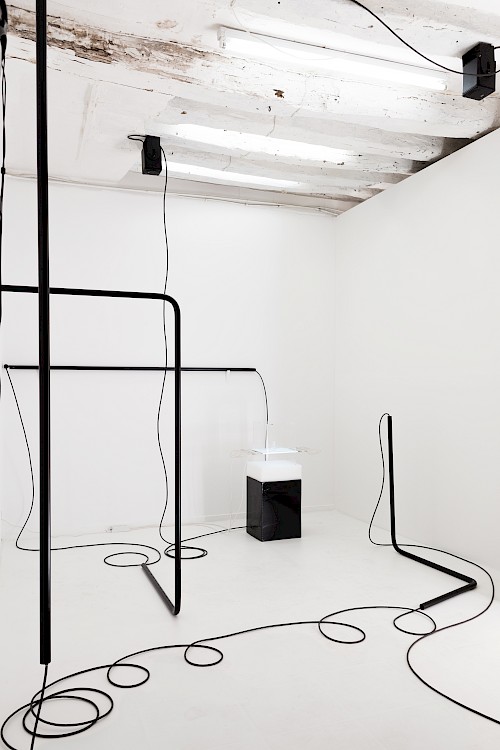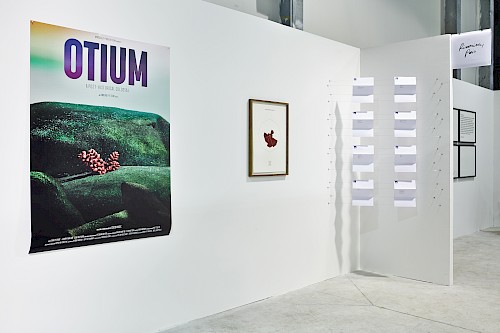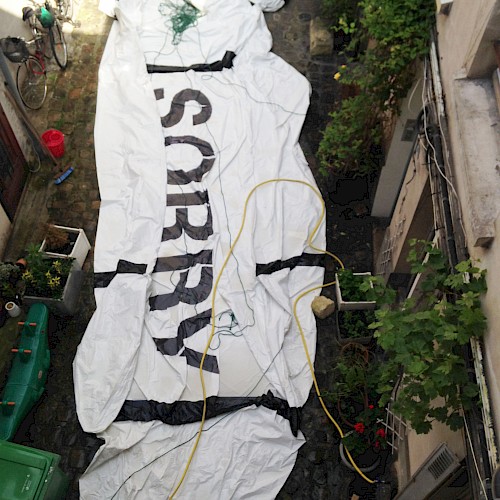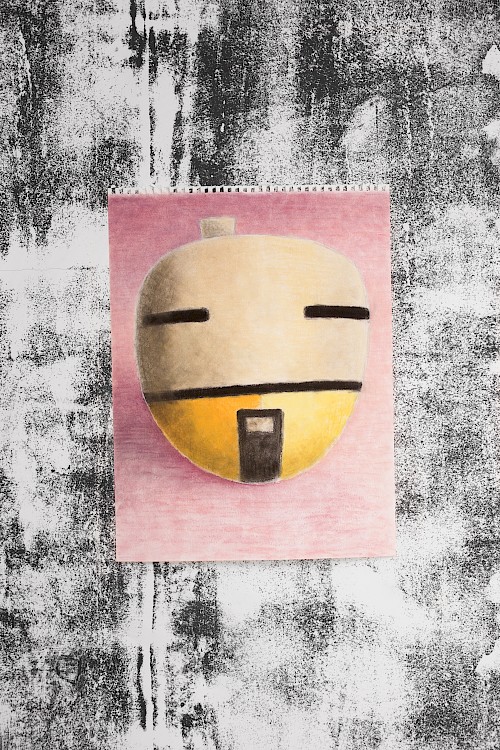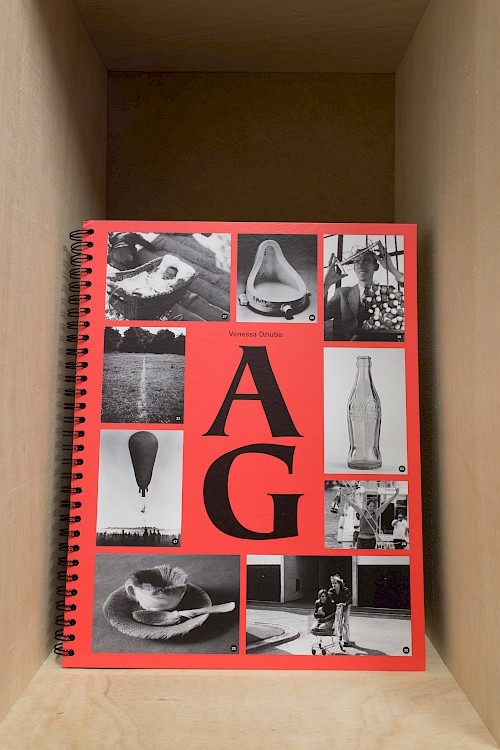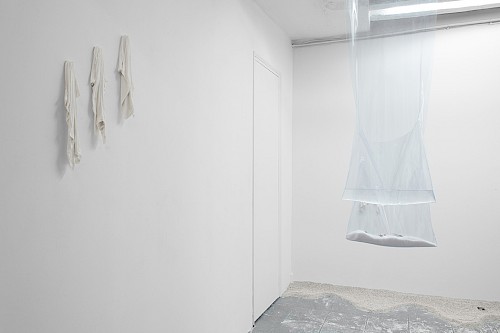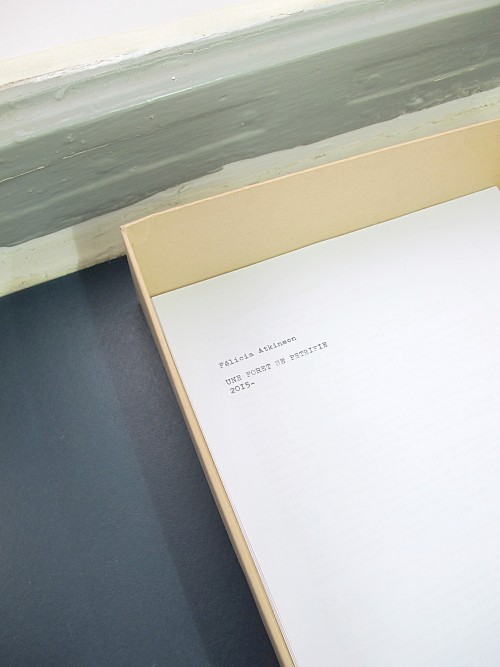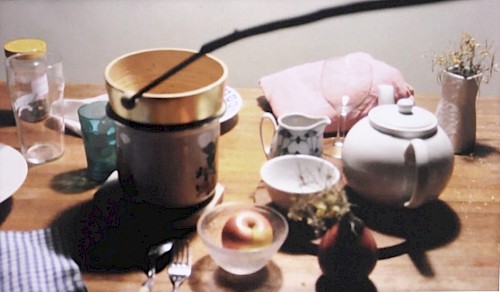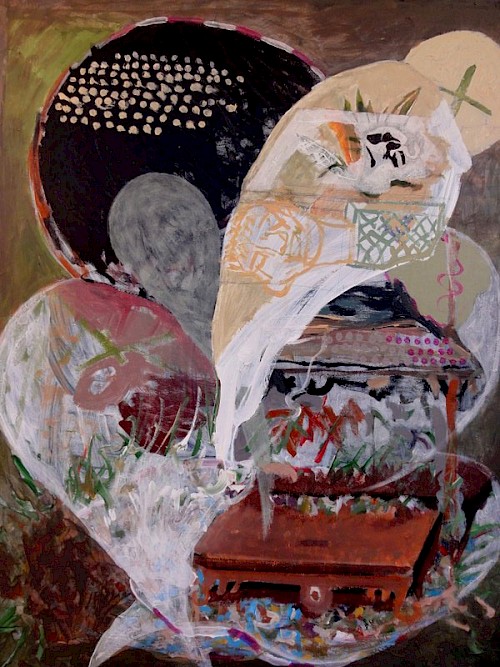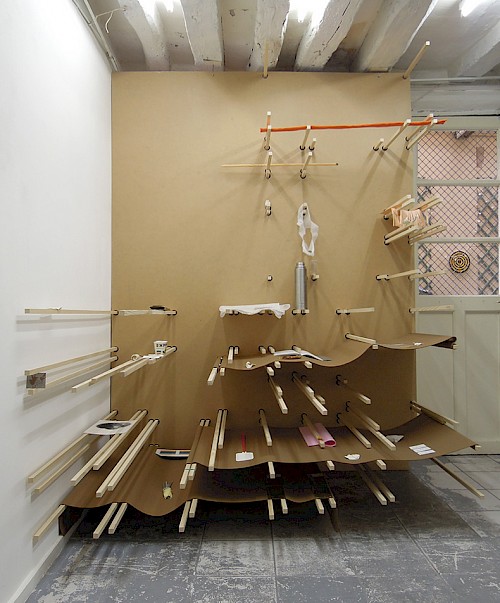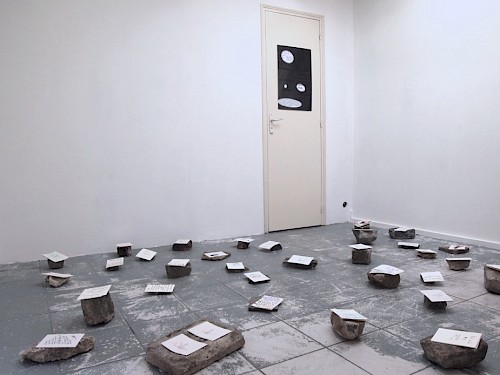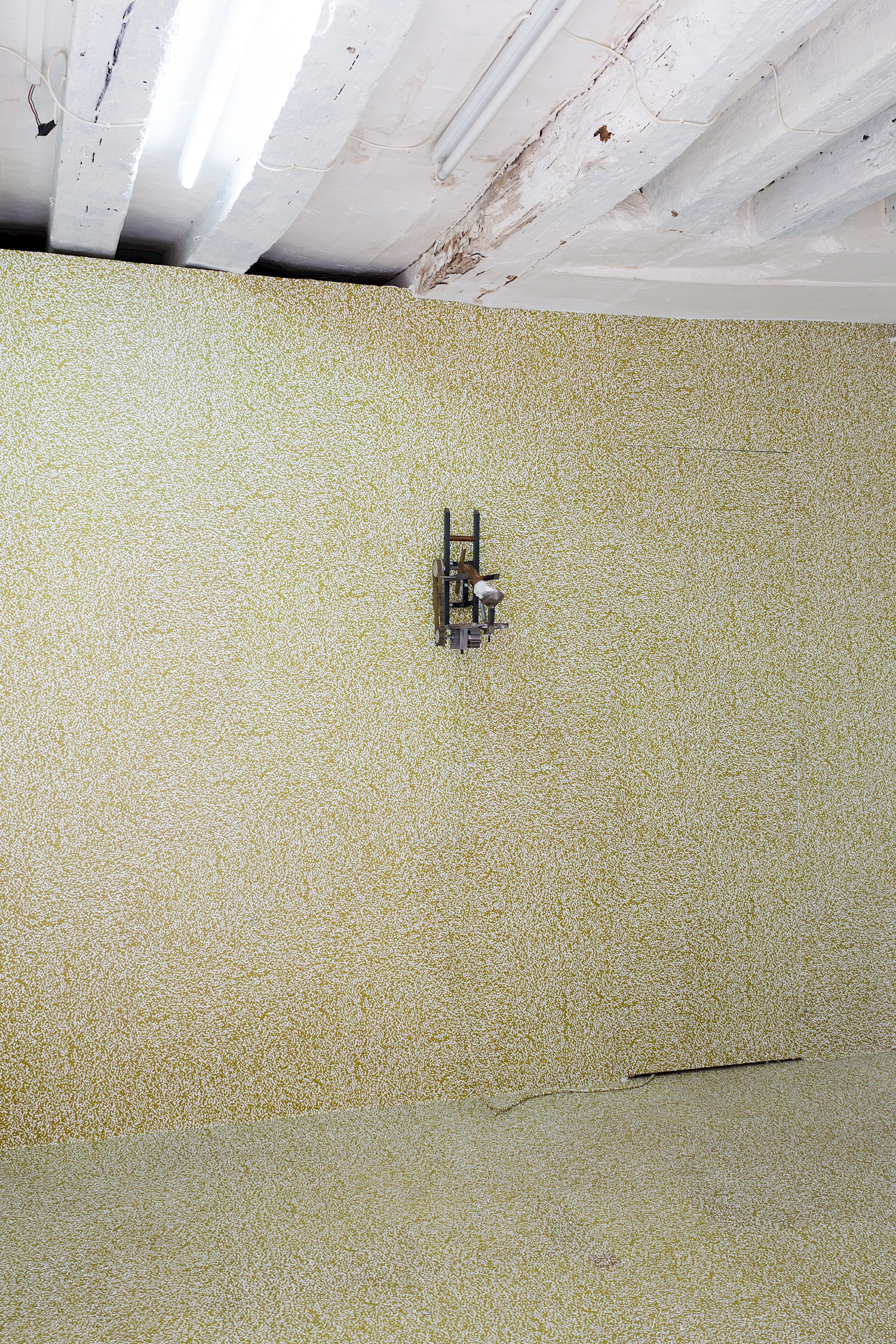
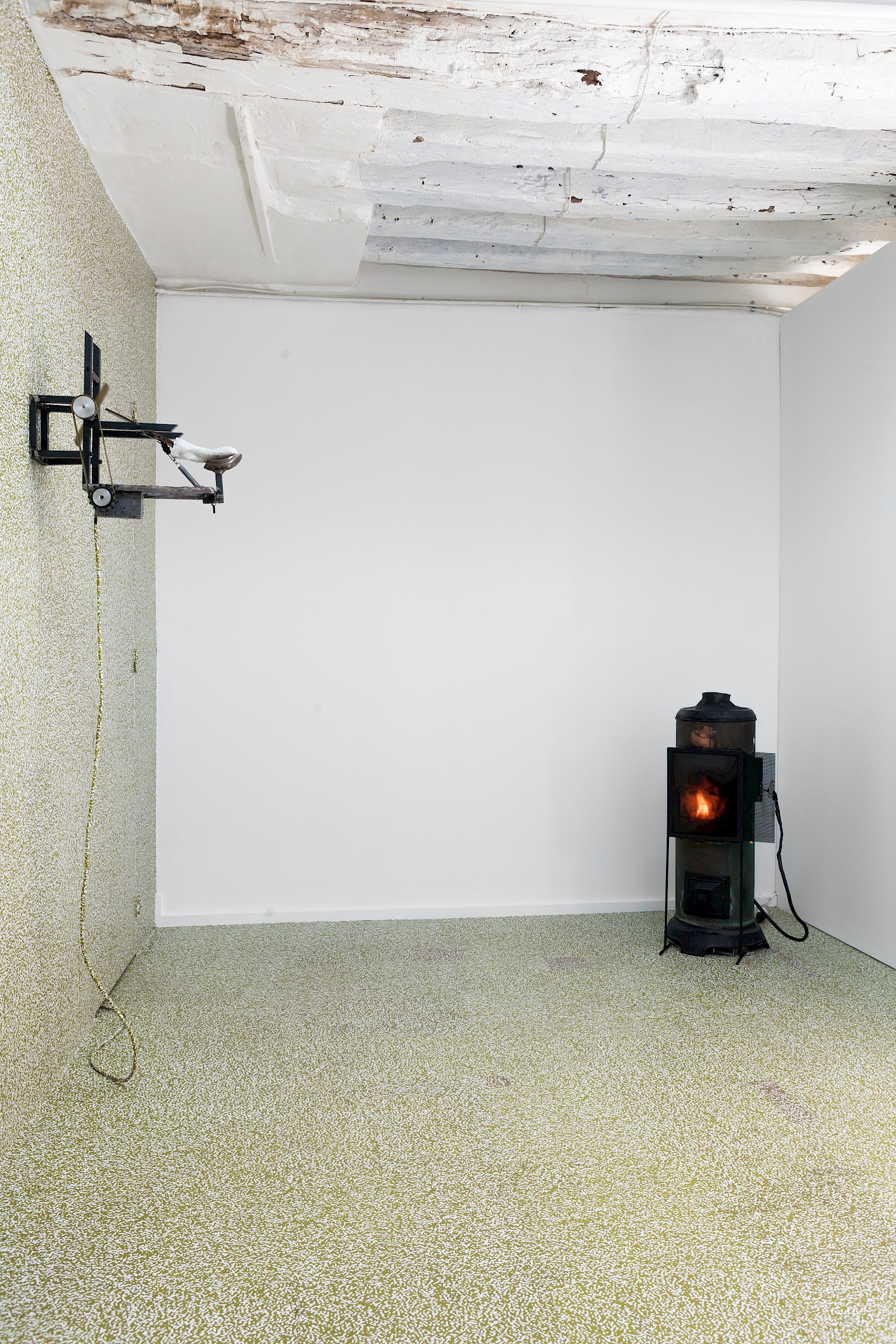
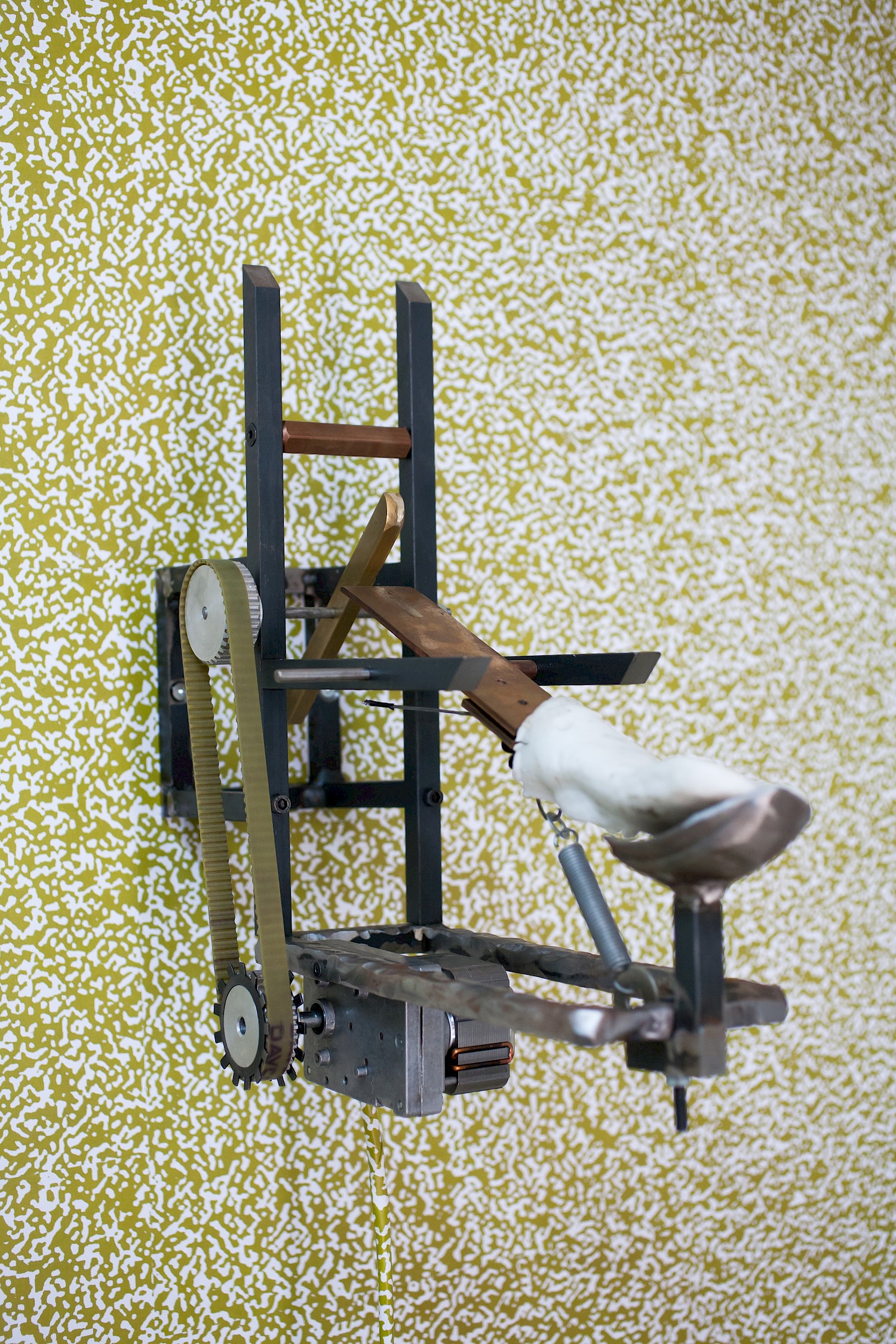
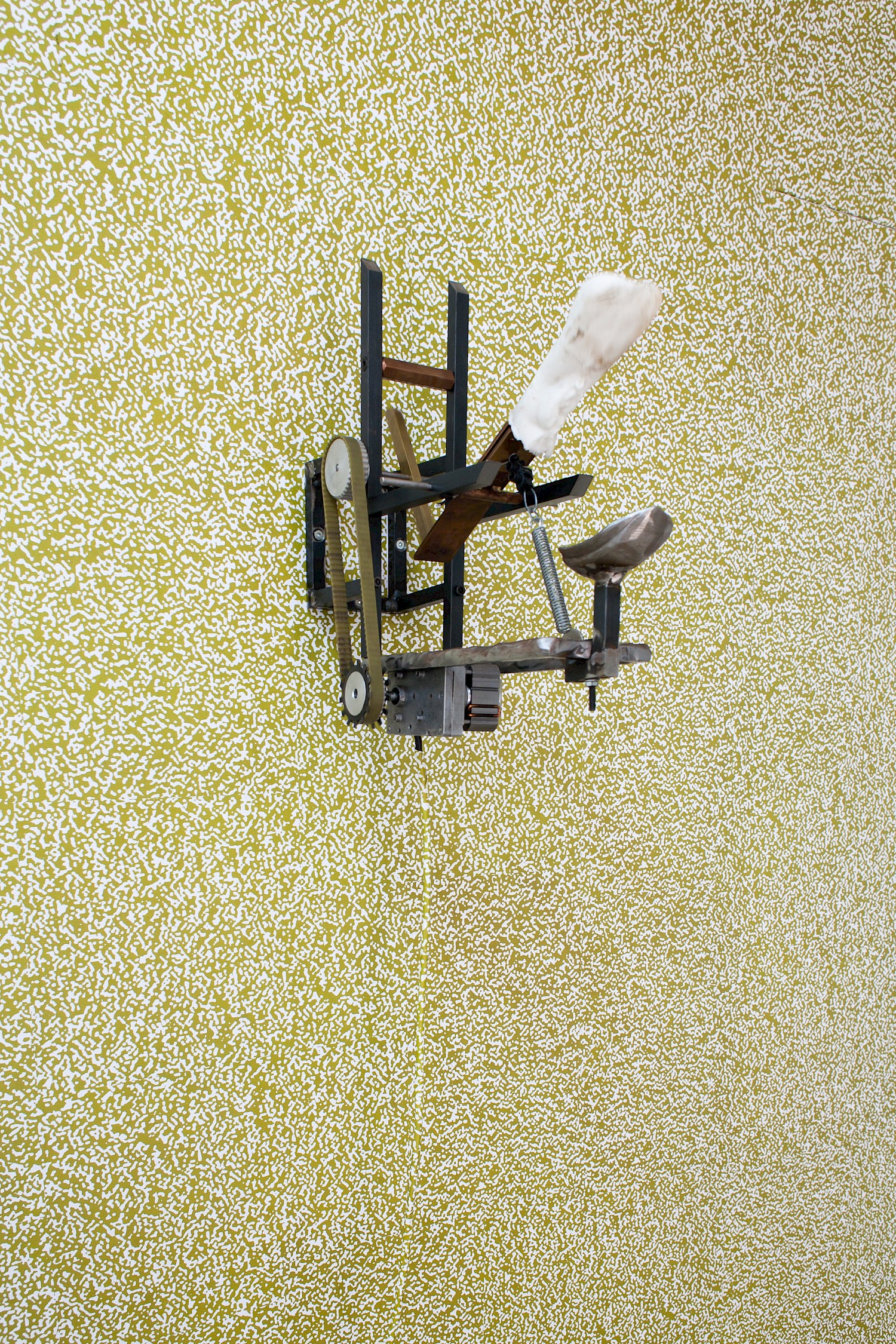
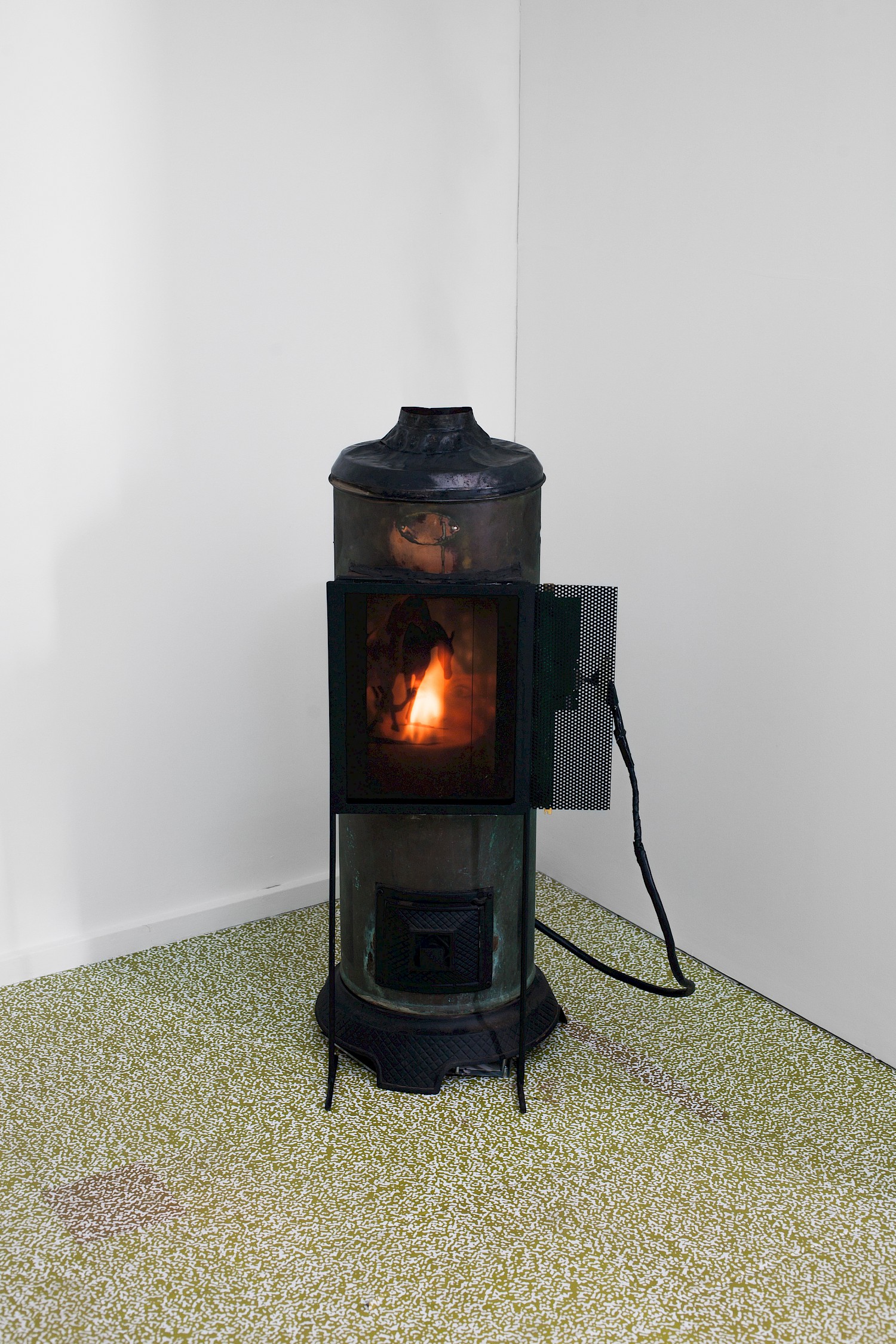
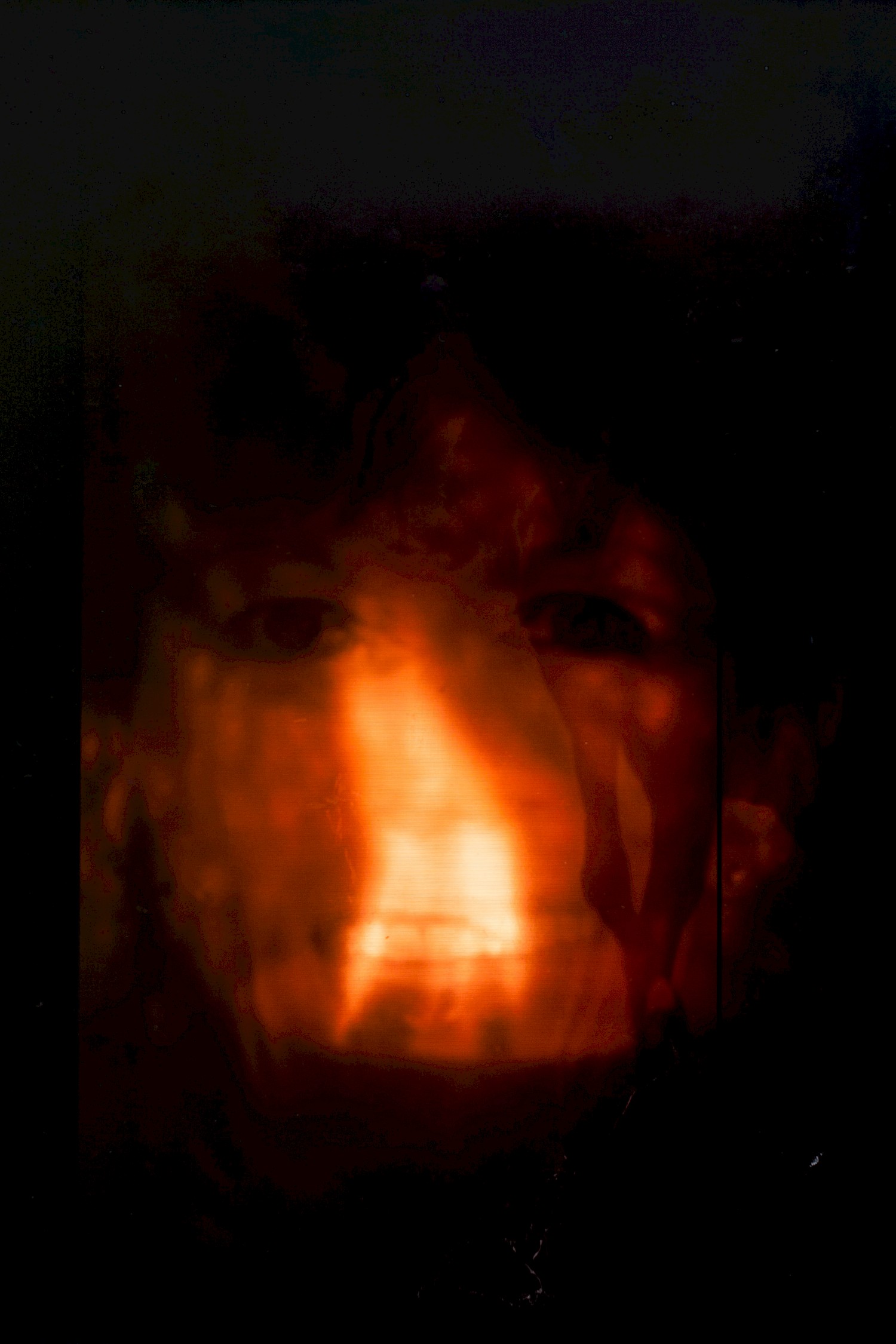
27 June 2018
“It is to the Greeks that we turn when we are sick of the vagueness, of the confusion […] of our own age.”*
In this new era of digital technology, individuals are constantly overwhelmed by plentiful information, which are very often communicated in a rather simplistic way. This great abundance of news and unchecked facts challenges our society with a new threat: the illiteracy of the population and consequent growing incapacity of people to recognise real information and verify its sources.
Through his exhibition ‘Poppyzon’, artist Zazzarro Otto investigates limits and failures of technology and the increasing impoverishment of language which characterises the so-called ‘Information Society’.
In 2015, Italian famous author Umberto Eco received his honorary degree in Media, Communication and Culture from University of Turin. On that occasion, Eco asserted: “television had once promoted the ‘village idiot’ as a means of allowing the viewer to feel superior. The ‘tragedy’ of the Internet is that it has promoted the village idiot as a ‘bearer of truth”. What the author meant is that the kind of inducement to expression that social networks tend to encourage, has legitimized people to speak spontaneously - ‘without any filters’- and has given them the right - by some perceived as an actual duty - to freely express themselves without leaving any space to some form of self-censure.
The word ‘Poppyzon’ comes from Ancient Greek ποππύζω, which literally means ‘the one who clucks with the tongue’. Coming from still uncertain origins, this expression has been firstly adopted by comic playwright Aristophanes, and it has been later used by Pliny the Elder to describe a person who imitates the noise made by the stamp of a horse’s hoofs.
The exhibition ‘Poppyzon’ uses Ancient Greek and Latin language ability to summarise complex ideas into one effective word or concept, as a tool to make the audience reflects on the complexity of technology. The artwork of Zazzarro is a machine that reproduces - intentionally in a wrong way - the sound of the click of a tongue. Starting from a shape of a foal’s tongue, Zazzarro Otto has created an automatized prototype made with silicon, which repeatedly twists without never reaching its wished result. The artwork represents Zazzarro’s idea of a future run by technology, and appeases the feeling of powerlessness that we face when staring at a machine capable of reproducing and enhancing human behaviours.
With the artpiece ‘Focolare Domestico’, the artist carries on his analysis through the manipulation and deformation of a screen, which functions through the use of light coming from a flame and not from a traditional backlight system. The artist’s intention is to draw a parallel between its work and the myth of Prometheus: as knowledge is transformed in techniques through the use of fire in the fictitious story, here the flame represents the tool that makes the device work. The video displays a superposition of images of horses, running in nature, and some extracts of an interview made by CNN to Susan Bennet, the woman who gave the voice to Siri, Apple’s virtual assistant. The distinction between the useful and the superfluous increasingly disappears, as the context is one in which mistakes - either human or digital - are no more acceptable.
“Many today professions will be substituted by automatons which will take place of human activity. An algorithm cannot calculate the authentic genius generated by a mistake. For this reason, creative people are still essential because they are the ones that make mistakes. […] It is a matter of time when the technology will reach our perfect degree of error, the authentic one, the human one.”**
*Virginia Woolf, in Andrea Marcolongo, The Brilliant Language. Nine reasons to love ancient Greek, 2016, Laterza. ** Zazzaro Otto, extract of the interview between the artists and the curators, 25/04/2018. Curated by Curate It Yourself. Zazzaro Otto
Born in 1988 in Sassuolo, It. Lives and works between Berlin, DE and Milan, IT.
Through the use of mechanical devices or traditional techniques such as embroidery or smelting, Zazzaro Otto achieves in his installations a high degree of refinement and handcrafted precision. Starting from social episodes and political circumstances, he draws the attention to universal themes linked to alienated labour, social hierarchies, the relation between nature and technology and human and natural catastrophes, without for all that giving up his light touch and jokes. Zazzaro Otto graduated in 2016 from the Universität der Kunst (Berlin) where he was awarded the Preis der Ursula-Hanke-Förster-Stiftung 2016. His work has been featured in many international institutions, including Art Stays Festival (Ptuj, Slovenia), Kunstraum Kreuzberg Bethanien (Berlin), Westpol (Leipzig), Mediterranea 18 Young Artists Biennale (Tirana, Albania) and Berlin Art Week. He is the founder of Schwanzo Kollektiv (Berlin), EinMal temporary artist-run gallery (Modena) and the multidisciplinary artists’ studio CHEZPLINIO (Milan).
www.zazzarootto.com
With: Zazzaro Otto


